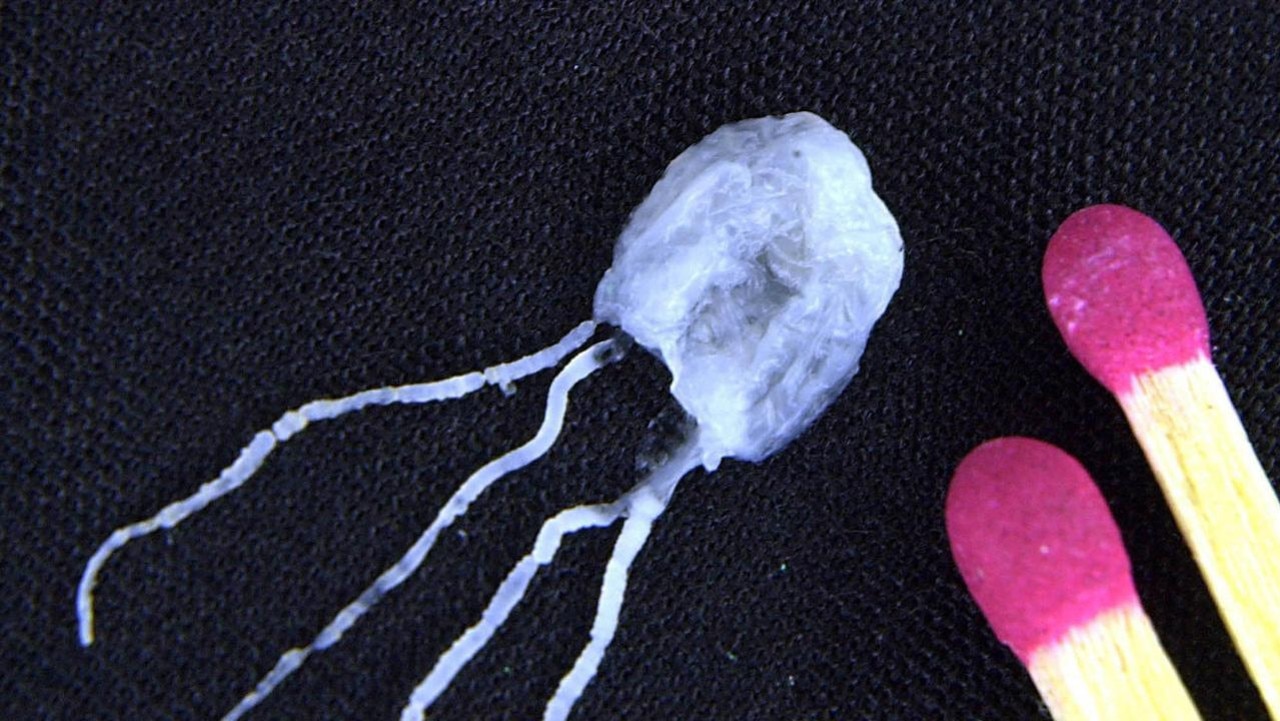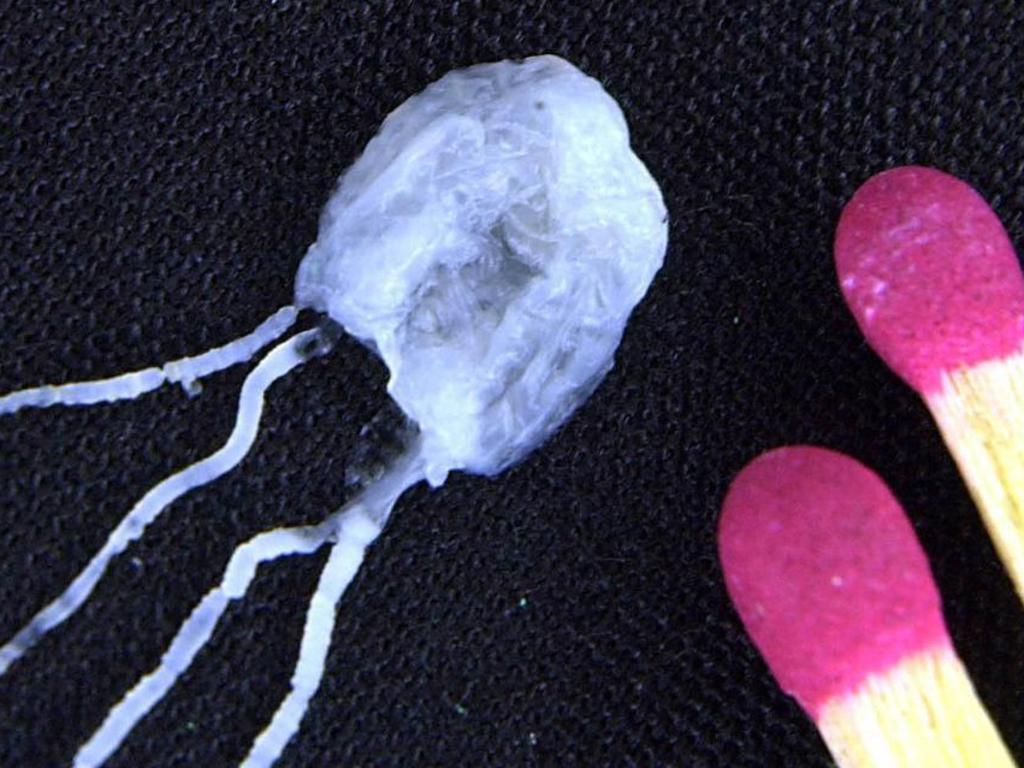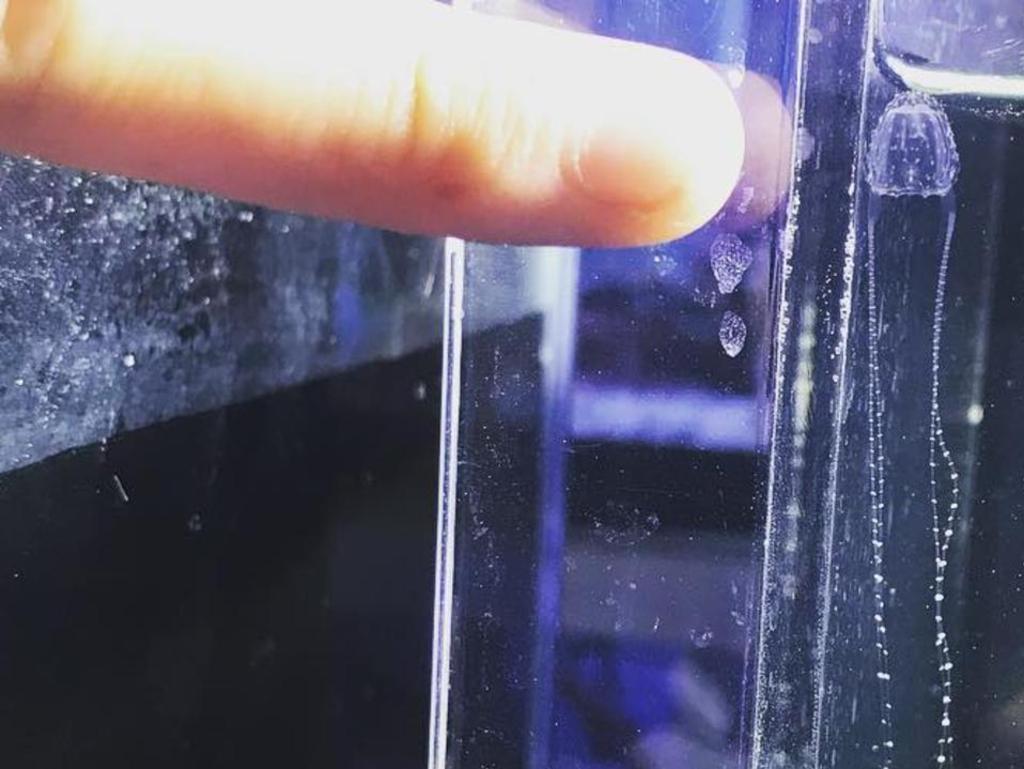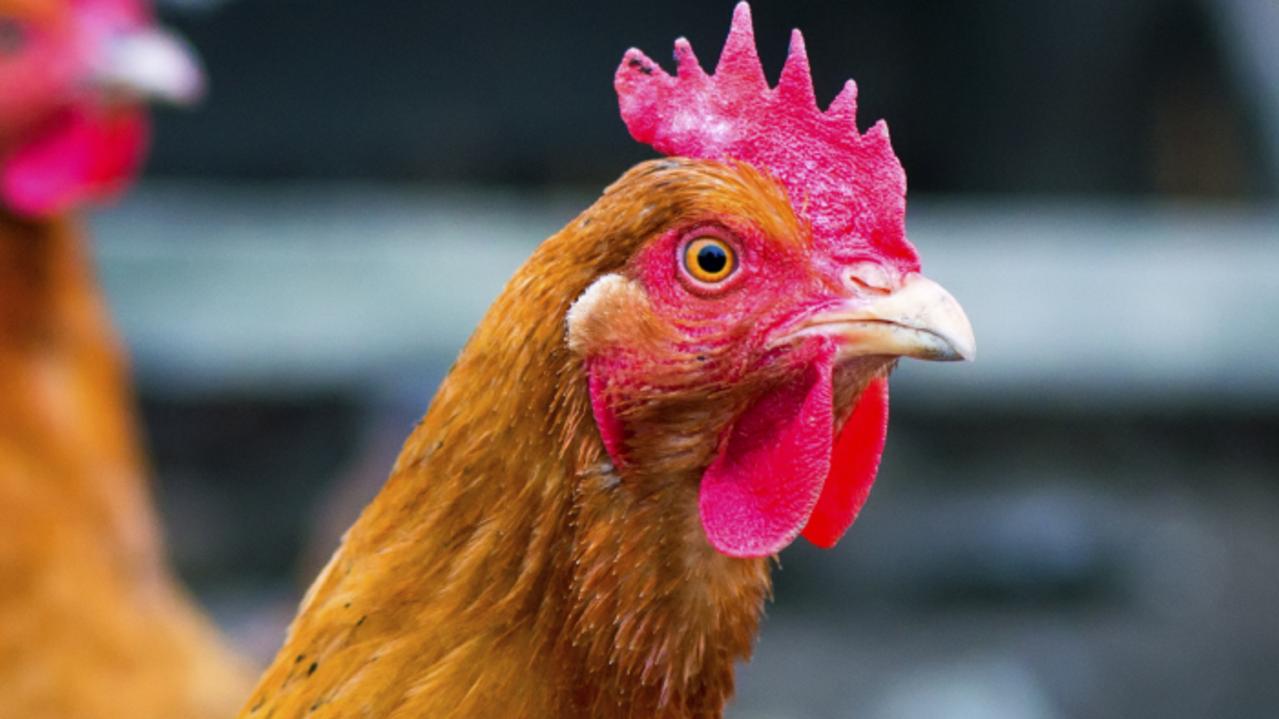Influx of deadly Irukandji jellyfish closes beaches in Far North Queensland
A sudden spike in jellyfish hospitalisations has sparked a drastic move during Queensland’s holiday season.

Swimmers in Far North Queensland have been warned to keep a lookout for deadly Irukandji jellyfish after an influx in the past 48 hours.
SLSQ North Queensland lifeguard supervisor Jay March said multiple reports were coming in from lifeguards at Trinity Beach and Palm Cove beaches of Irukandji sightings.
“As soon as this happened we closed Ellis, Clifton and Kewarra beaches to be on the safe side,” she said via the Cairns Post.
“We ask that everyone be aware of beach closings.
“The community also has a role to play, if you see someone swimming at a close beach or outside the nets then let them know about stingers.”
He said it was especially important to get word out with the high level of unfamiliar tourists in the area at this time of year.
“We have lots of visitors from the south here at the moment who may not be familiar with where or when it’s safe to swim,” he said.
“All our beaches are sign posted when closed due to stingers and we ask that everyone check before entering the water.”
Six incidents involving the tiny jellyfish have been reported over the past two days.


“We have had six sting incidents in the last 48 hours and most were from people swimming outside the nets or at closed beaches,” he continued.
“All the cases were admitted to Cairns Hospital emergency department, and they have enough issues with Covid at the moment.
“Today lifeguards at Palm Cove have found three stingers and one was found at Trinity Beach.”
A spokesman for the Cairns and Hinterland Hospital Health Service confirmed all six people had been treated in the last 48 hours and urged the public to heed advice from Surf Life Saving Queensland (SLSQ).
“Our emergency teams are busy enough with Covid patients – they don’t need the extra pressure,” the spokesman said.
Mr March said he understood the people stung were a mix of both adults and children.
Roughly two centimetres in diameter, the Irukandji jellyfish is an especially tiny form of sea-life which is almost undetectable in the water.
One of the world’s deadliest creatures, the jellyfish prefer calm, warm waters and tend to stay away during heavy rainfall.
The pesky critters are found in tropical Australian waters all the way through November to May.
The symptoms of an Irukandji jellyfish sting are not immediately noticed, appearing anywhere between five to 45 minutes after the initial sting.
Signs and symptoms can include severe backache or headache, shooting pains in muscles, chest and abdomen, nausea, anxiety, restlessness, vomiting and breathing difficulties.
In extreme cases their stings can cause fatal brain haemorrhages.





